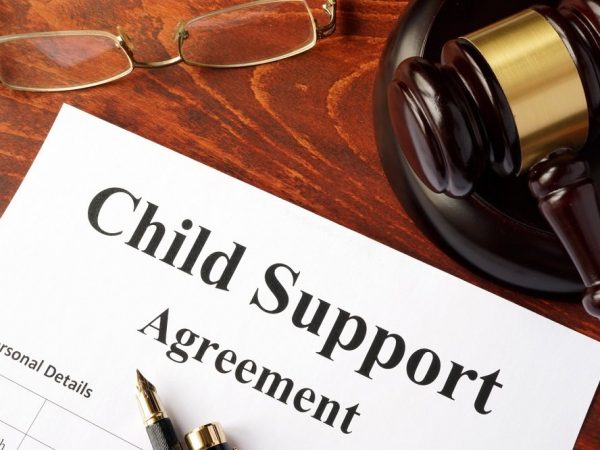
Child custody refers to the legal terminology of the relationship between parent and child. The relationship covers decisions made on behalf of the child to maintain his or her health, well-being, schooling, religious practice, and more. Custody can be given to one parent or shared. The standard in California for caring for your child is the Best Interest standard.
Courts can determine custody, even if the parents were never married.
Best Interest of the Child
This is the standard California courts use to determine custody and visitation. All factors are weighed when determining the child’s best interest. These include the stability of the parent, possible abuse or dependency on alcohol or drugs; ability to care for your child; and if their needs are being taken care of.
There are two types of sole custody; sole legal and sole physical custody.
Sole Legal Custody is where one parent has the capability of making decisions regarding the child as it relates to schooling, where they live; and specific decisions about the health, welfare of the child.
If the parents cannot communicate, or is incapable of making such decisions, often times, the Court will assign sole legal custody to the parent who has proven they can communicate and can make those decisions on behalf of the child.


There are two types of joint custody; joint legal and joint physical.
This is where both parents interact and make decisions on behalf of their child, together. There are programs that help parents communicate.
For more on this topic, see California Family Code section 3006 and 3003.
Sole physical custody is when the child lives with the primary custodial parent. Visitation may or may not occur by the non-custodial parent. The parent who does not have primary custody can be awarded visitation time that can either be supervised or unsupervised.
The custodial parent is the parent with whom the child lives with. The non-custodial parent may exercise visitation to spend time with their child.


A paternity case can arise when the parents are not married (more often than when the parents are).
A paternity case will determine who the father is for support and visitation purposes.
This controls the physical living situation of the child with the parent. When parents share their custodial time, they can practice various custodial arrangements, which can be split 50/50; 2-2-3; or any agreed upon set time.
For more on this topic, see California Family Code section 3004


A divorce (also called a “dissolution”) terminates a marriage or domestic partnership.
As California is a “no fault” state, there need not be a reason for the divorce, and neither party can be at fault in the court’s eyes. Everything will be split equally, taking into consideration what each party put toward the marriage.
California has a 6 month waiting period from the time you file to the time you can be declared divorced.
To read more on this topic, see California Family Code section 2310
An uncontested divorce can occur in a few ways. 1) The other party does not appear or respond or 2) both parties agree to all the terms of the divorce, including money, splitting assets, property, support, custody (if applicable), and more.


Child support is determined by the court; or can be worked out among the parties (when represented by counsel to guide you into know what is a reasonable amount is) to pay for the child in the custodial parent’s care. This covers the children’s daily expenses, including health care, schooling, clothes and more.
For more on this topic, see California Family Code section 4050
Spousal support, also known as alimony, is when the court orders one party to pay the other a monthly payment to support them as they did during the marriage or domestic partnership. Many factors weigh in on how much that award would be, however there is a set program the court uses to determine what a reasonable amount would be.
For more on this topic, see California Family Code Section 4320.


A prenuptial agreement occurs before the parties get married. A postnuptial agreement occurs after the marriage has been entered into.
These agreements entered into by the parties cover a wide array of issues, including what would occur should the parties separate.
Sometimes the state steps in and takes a child away from their parent. This can be for various reasons including drug dependency, abuse, or other allegations. Salice Law goes to court with you to fight to get your child back.


